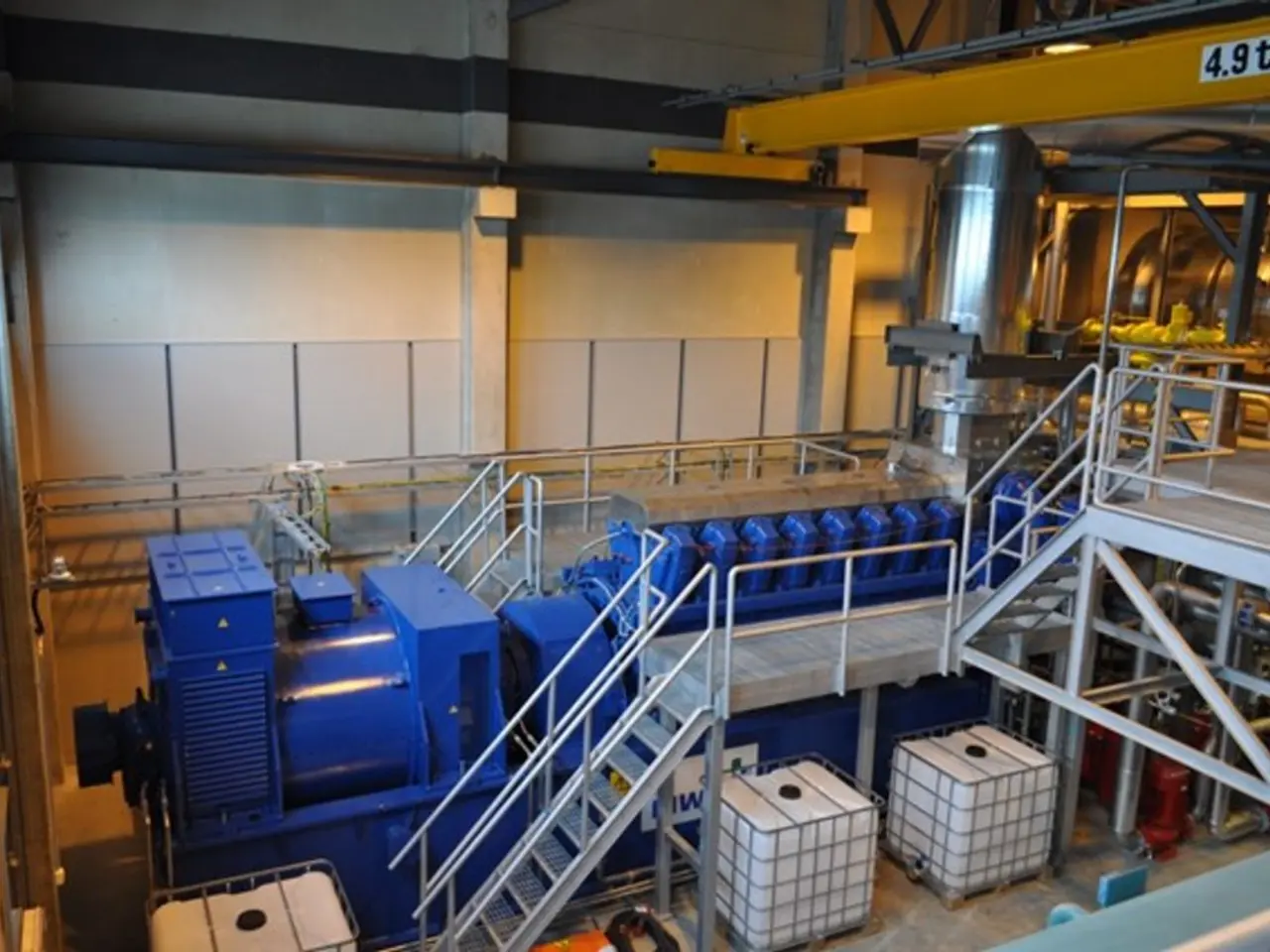Tariff Levels: An Expert Judges a 20% US Tariff as Not the Most Severe
Taiwan Stands Firm in US Tariff Negotiations
In a significant development, Taiwan has chosen not to make excessive concessions during tariff negotiations with the United States. This decision was made in an effort to prioritize protecting national interests, safeguarding local industries, promoting public health, and ensuring food security.
Reports indicate that the US demanded large investment pledges from Taiwan, similar to commitments made by Japan and South Korea, to qualify for lower tariffs. However, Taiwan's reluctance to agree to such sweeping concessions, which would equal several years of its government budget, shows a careful weighing of economic and political costs before conceding.
South Korea has pledged a $350 billion investment to the US, but Taiwan's negotiation team has maintained a firm stance to safeguard vital local interests amid these pressures. The impact on Taiwan's high-end semiconductors may be limited due to no alternatives with exemptions, but other sectors can face greater pressure in exporting to the US due to the tariff gap with competitors.
According to Natixis SA senior economist Gary Ng, the 20% tariff on Taiwanese exports is higher than that of Asian manufacturing powerhouses. However, if Taiwan had agreed to invest $400 billion in the US, it would have secured a 15% tariff, but that investment would have been nearly 50% of Taiwan's GDP last year.
The government has not disclosed details about its negotiations with the US, but any trade negotiations between Taipei and Washington would strengthen Taiwan politically and affect cross-strait relations, according to an anonymous source. Beijing does not wish to see Taiwan-US trade talks conclude sooner than US-China trade talks, nor does it wish to see Washington and Taipei use the opportunity to take bilateral commerce to the next level, the source added.
China does not want to see closer Taiwan-US ties, as that would not be in Beijing's interests, according to the anonymous source. A source, speaking anonymously, revealed that Beijing continued to pressure Washington through back channels during tariff negotiations with Taipei, hoping to learn details of Taiwanese investments.
Building domestic consensus for any trade agreement with the US would pose a major challenge for the government, according to Tunghai University economist Darson Chiu. Despite this, the government aims to firmly uphold its position while seeking balanced bilateral trade and expanding cooperation with the US in technology and national security. This approach reflects their intention to defend key domestic priorities rather than capitulating to sweeping demands despite pressure and a looming US tariff hike.
Meanwhile, Japan has agreed to invest $550 billion in the US and open its agricultural market to US exporters. The future of Taiwan-US trade relations remains uncertain, but Taiwan's firm stance in the negotiations suggests a commitment to protecting its national interests.
The negotiations between Taiwan and the US have highlighted the country's dedication to maintaining local industries and prioritizing national interests, even in the face of financial and political pressures from the US. The volatile intersection of industry, finance, politics, and general-news is illustrated by Taiwan's careful approach to potential investments in the US, aiming to avoid compromising vital sectors while expanding cooperation and fostering bilateral trade.




